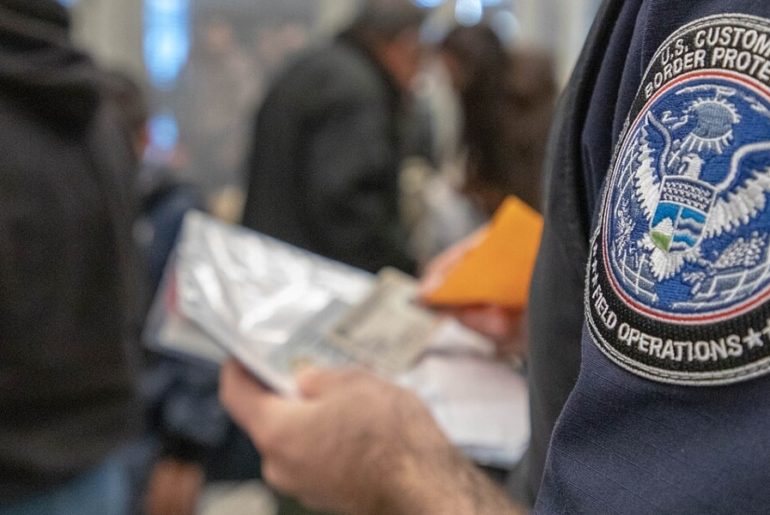Last week, the Congressional Balck Caucus (CBC) issued a statement regarding the ill treatment of African migrants in Mexico following a trip to the U.S.-Mexico border.
“There is an untold story woven into the crisis at the U.S.-Mexico border,” the CBC wrote in the statement. “Most Americans are well aware of the impact of the Trump administration’s cruel immigration policies on people fleeing Latin and Central American countries. What they may not know, is there are hundreds of immigrants from African and African diaspora countries fleeing violence, traveling for months on foot across harsh terrain, only to find a broken system at the U.S.-Mexico border blocking any further advancement.”
Representatives Karen Bass (D-CA), Barbara Lee (D-CA), Yvette Clarke (D-NY), and Juan Vargas (D-CA) made the trip to Tijuana on November 22nd to visit a shelter for African asylum-seekers. These migrants, who have been waiting for months in shelters and detention centers due to the updated asylum rules implemented under the Trump administration that require asylum seekers to wait for decisions about their case in another country, now play a big part in the southern border crisis that has long been driven by a surge of migrants from Guatemala, Honduras and El Salvador.
There are record numbers of African immigrants seeking asylum at the U.S. border, particularly as Europe closes its doors to immigrants after the European Union’s regional disembarkation policy. One of the biggest disadvantages, CBC points out, is that unlike their Central and South American counterparts, the great majority of these African migrants do not speak Spanish, preventing them from “fully participating” in the asylum process.
However, like their Latinx counterparts, these African migrants flee home to a better life. Most families come from the Democratic Republic of Congo, the Republic of Congo, Angola, and Cameroon, bringing with them horrifying stories of rape, murder, homophobia and torture in their home countries. They generally fly to Ecuador because no entry visa is required, and then they travel on foot for about four months across Central America to reach Tijuana. They walk for days in Panama through dense jungle, where they are often robbed and held in government-run camps.
“They should not have to be treated like this,” Chair Lee said in a press conference following the visit. “They should not have to have had such a dangerous journey, just to get to a place which, in many ways, continues this dehumanizing process.”
The CBC statement also pointed out that migrants had protested the “racially-motivated” mistreatment they faced at the hands of government officials, including in Mexico, such as “segregated food lines and the denial of medical care for pregnant women in labor at immigration detention centers.”
“It’s not turning people away, it’s asking them to wait,” then-Customs and Border Protection Commissioner and current acting Homeland Security Secretary Kevin McAleenan told reporters back in October, to explain the Department of Homeland Security’s (DHS) “metering system”.
African asylum-seekers wait for years in detention while the courts process their asylum cases. One such case was that of Nebane Abienwi, a 37-year-old asylum-seeker from Cameroon, who died in September at the Otay Mesa ICE detention center while waiting for a decision on his case.
Following the border trip, Chair Bass led an Africa, Global Health, Global Human Rights, and International Organizations Subcommittee field hearing highlighting the humanitarian needs of the migrant crisis at the border.
“The Congressional Black Caucus is extremely concerned about the treatment of all migrants seeking asylum, including those from African and African diaspora countries,” they concluded in the report. “[We] will continue to lift up the voices of these vulnerable people.”

